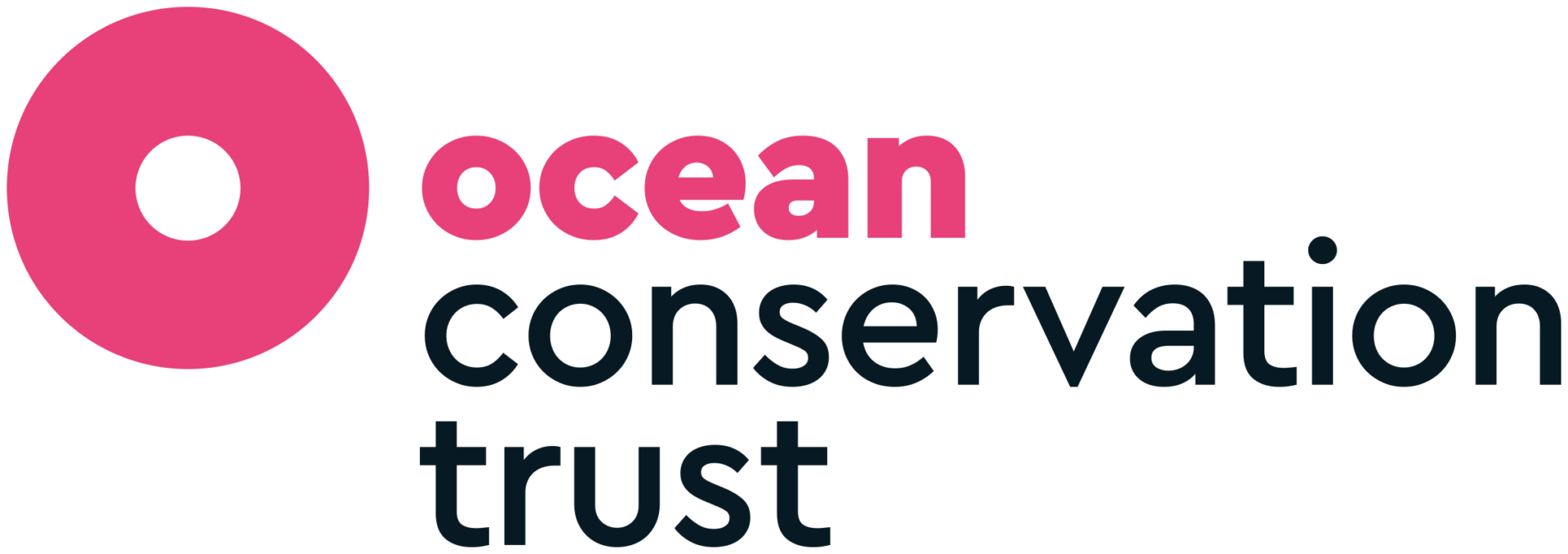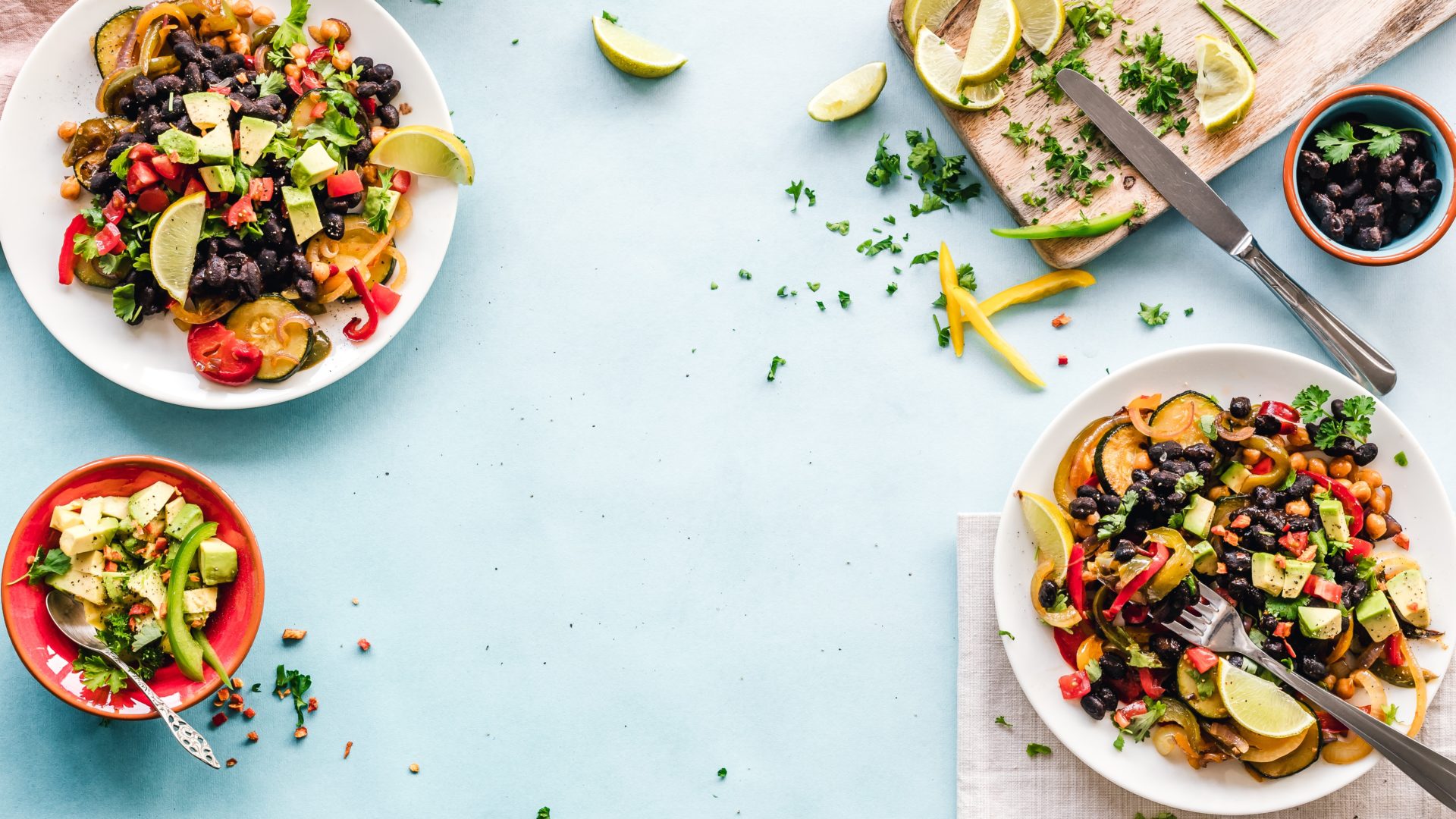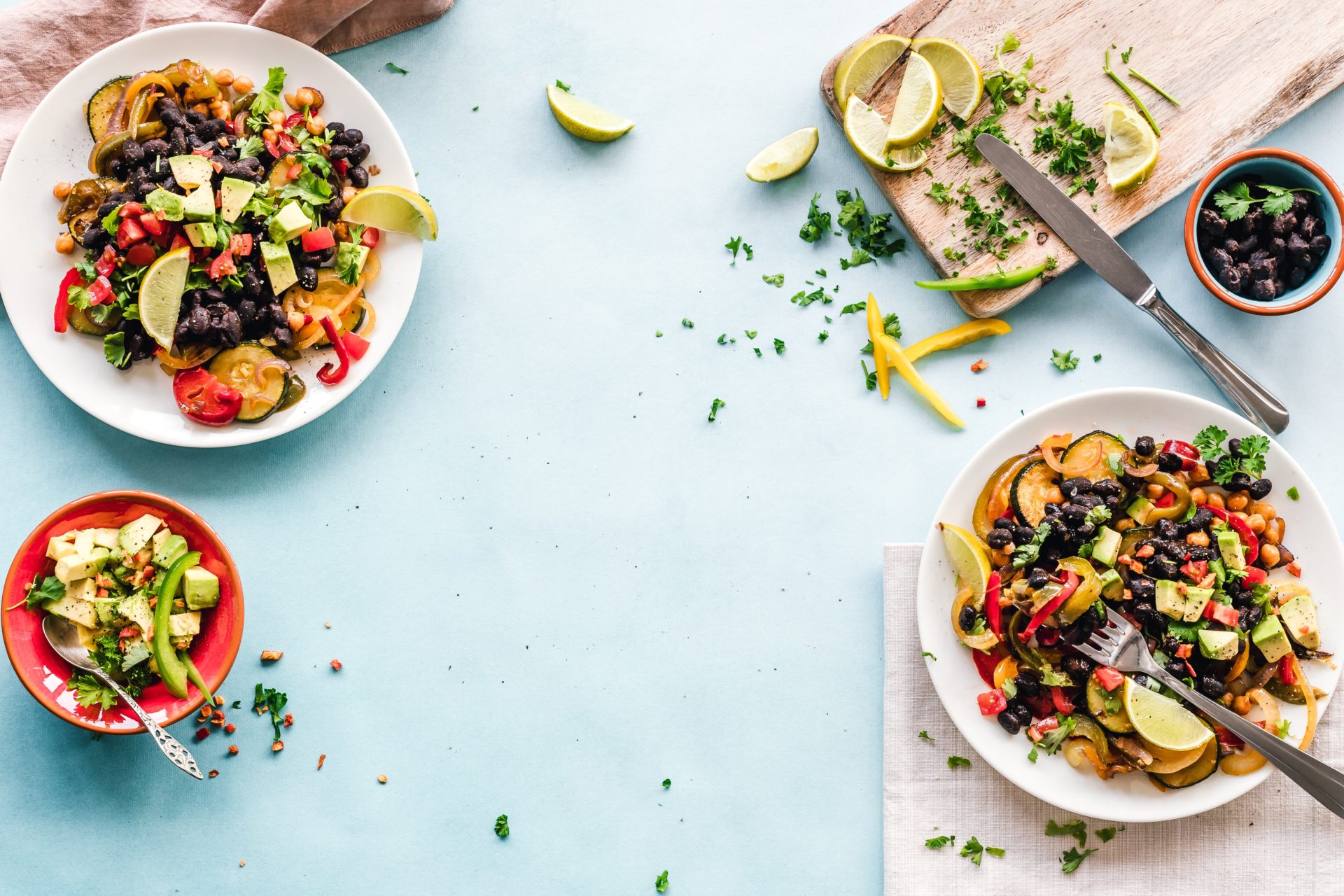At the Ocean Conservation Trust, we are Ocean optimists. We’re always looking for solutions on how to support a healthier Ocean.
This World Vegetarian Month, we’re exploring the different ways that choosing to eat less meat can help support our Ocean.
Take a look at the different ways below…

It can help to reduce your carbon footprint
Reducing your carbon footprint is vitally important to helping prevent global warming and the loss of many Ocean habitats and species. By eating less meat you can cut down your carbon footprint by less than half of what it would be if you were an avid meat-eater.
Meat farming contributes to Greenhouse Gases causing our atmosphere to heat up rapidly which, in turn, disrupts the natural ecosystems of our planet. Many Ocean habitats, such as coral reefs, have already been lost or put at risk due to climate change. By reducing your carbon emissions as much as possible you’ll be helping to prevent the loss of species who can’t adapt quick enough to rising temperatures, as well as reduce the threat of sea levels rising.
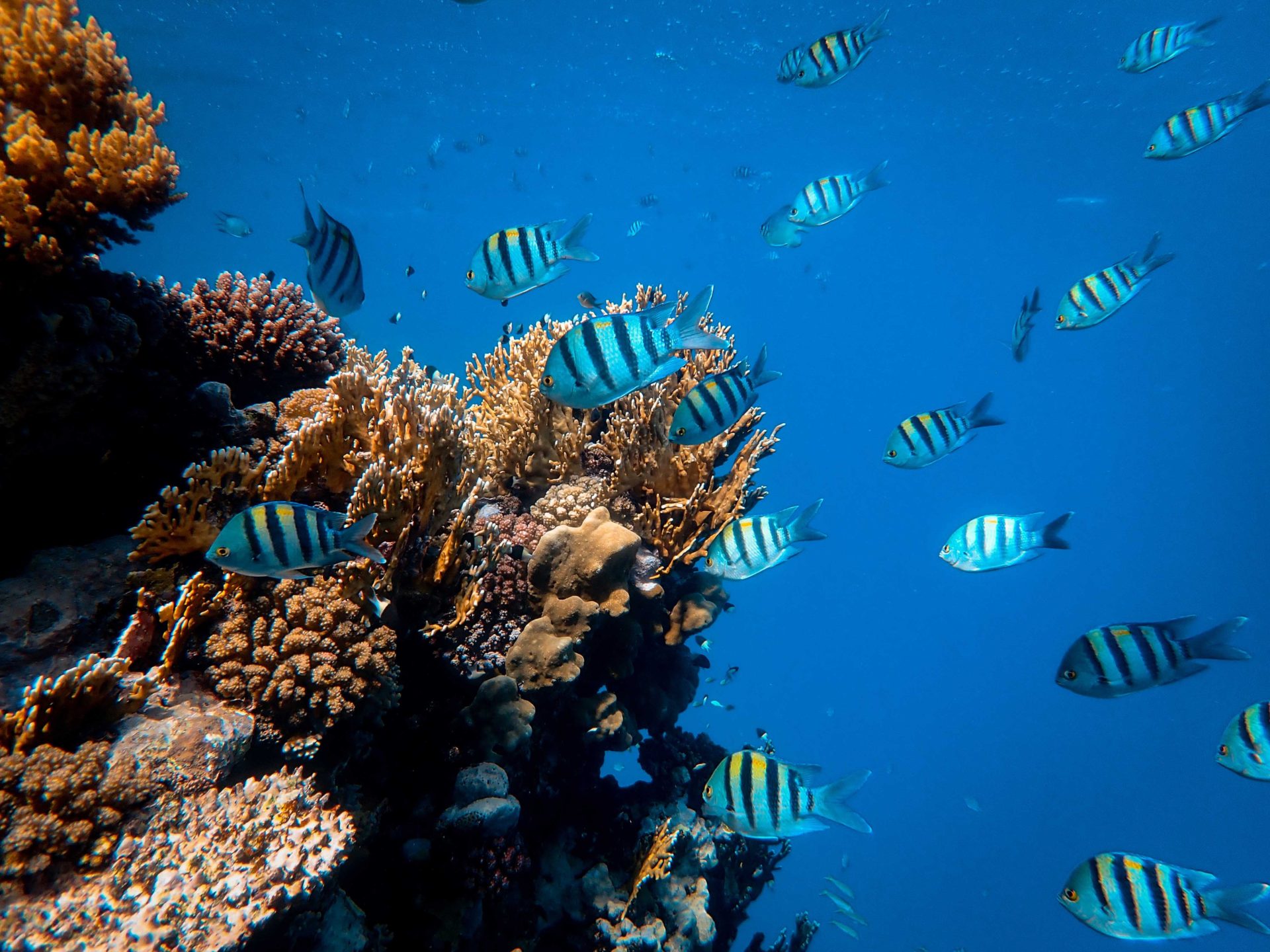
It can help reduce pollution
Reports have shown that fishing gear is one of the biggest polluters in our Ocean. Did you know that more than 640,000 tonnes of nets, lines, pots and traps used in commercial fishing are dumped and discarded in the sea every year? That’s the same weight as 55,000 double-decker buses.
This can be lethal to many animals in our Ocean who can so easily get caught, tangled up and trapped in this fishing gear. Animals like Turtles, Whales, Dolphins and many species that are already critically endangered are put at risk of injury or death. The ways you can help keep fishing gear out of our Ocean is by choosing to shop from sustainable fisheries, or reducing the amount of fish you eat.
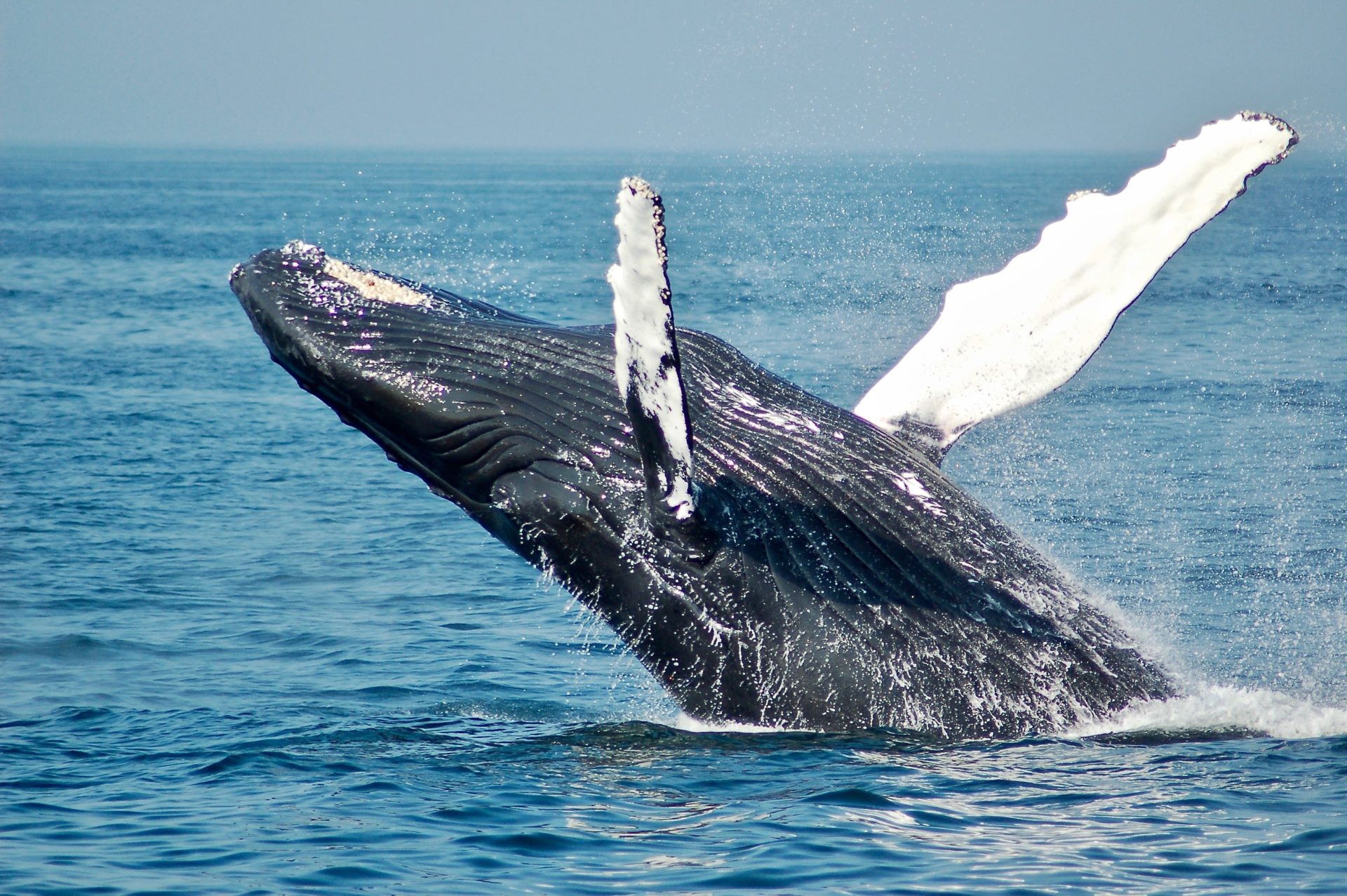
Prevent Endangering Wildlife
Last but not least, by eating less meat you will be reducing the risk of biodiversity decline in our Ocean. When certain fish species are in constant demand, they can be overfished to the point where it could cause all our fisheries to collapse by 2050. This is because we can potentially endanger the species we eat and therefore there won’t be enough left for, not only us, but the Ocean animals who rely on them too. North Atlantic cod, Pacific bluefin tuna, Peruvian sardines, are just some of the species we’ve endangered from overfishing.
However, if you support sustainable fisheries and ensure that the fish you buy is sustainably sourced, we could see fish stocks double by 2050 instead. Likewise, reducing the demand for fish will also result in the same outcome. With a rising population of humans comes the need for people to reduce their meat and fish consumption more than ever so as not to overdemand livestock and put our Ocean and world at risk.
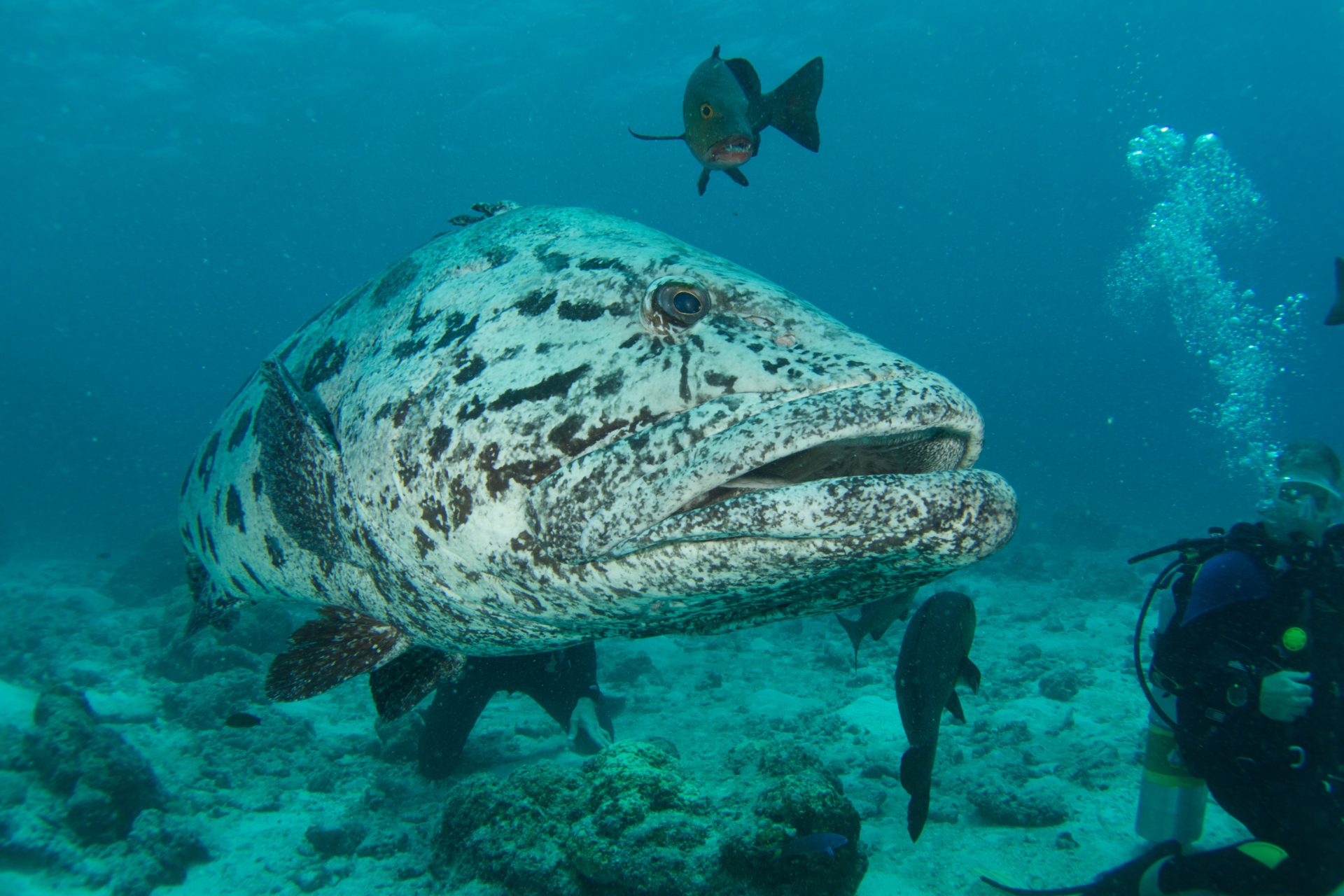
By going vegetarian or reducing the amount of meat you eat, you can contribute to helping balance out the world’s ecosystems and preventing the resources we rely on from depleting. It is truly one of the best ways to help our planet, by significantly reducing your negative impact on the environment.
Now more than ever we need to do what we can to safeguard our amazing world and Ocean, so why not give a vegetarian diet a try this month, meat free mondays or veggie lunches and see how you get on?
We’d love to know your process if you do. Drop us an email or message us on our social channels.
